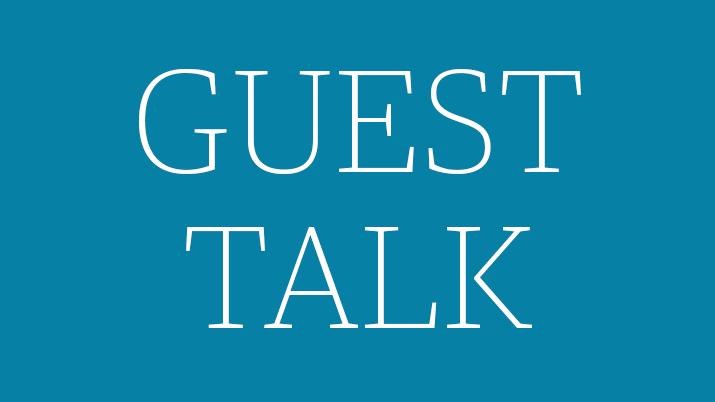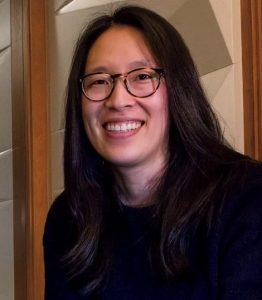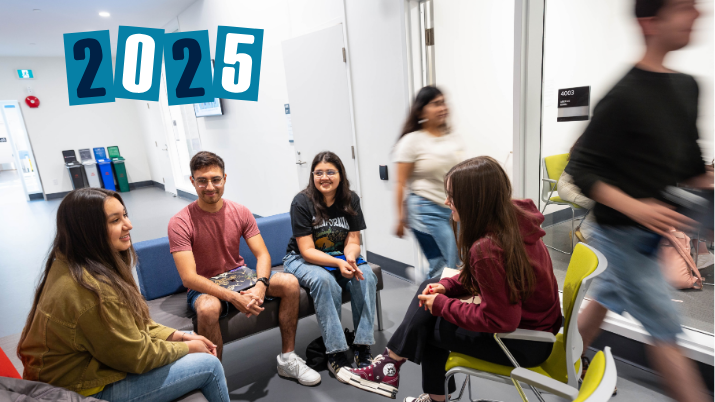
TITLE
The Origins of Language: Evidence from Nicaraguan Sign Language and the lab
ABSTRACT
All societies have languages capable of expressing the richness of human thought. How much of this achievement is an historical accomplishment, similar to mathematics or science? To what extent does this ability rely on our evolved cognitive capacities? I study these questions by looking at language creation in different communities, including Nicaraguan Sign Language, a new language only 50 years old, homesign systems, and laboratory-created communication systems. I will present results on how a new language comes to have recursion, quantifiers like “some” and “all,” and temporal language. In each case, I find evidence for rapid emergence of linguistic structure within a few generations. I will argue that three factors appear to be critical to the origins and complexity of languages: individual child minds, interacting together in a language community, with the opportunity for intergenerational transmission and reanalysis.
BIO

Dr. Annemarie Kocab is a Postdoctoral Fellow in the Departments of Linguistics and Psychology at Harvard University. Dr. Kocab’s work combines the study of linguistic structure with considerations of the cognitive factors involved in language learning and change. Much of her work has focused on Nicaraguan Sign Language, which began to emerge in the 1970s. In parallel, Dr. Kocab’s work investigates these questions using language creation paradigms with children and adults in the laboratory. She received her BA from Wellesley College and her PhD from Harvard University under the mentorship of Jesse Snedeker.

